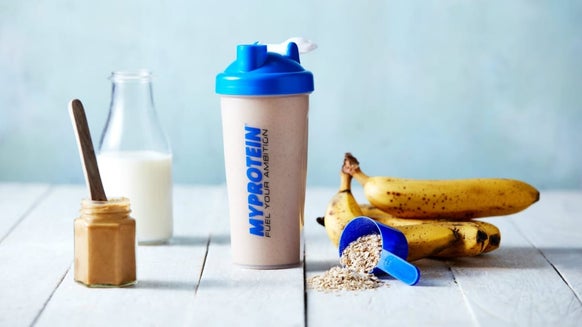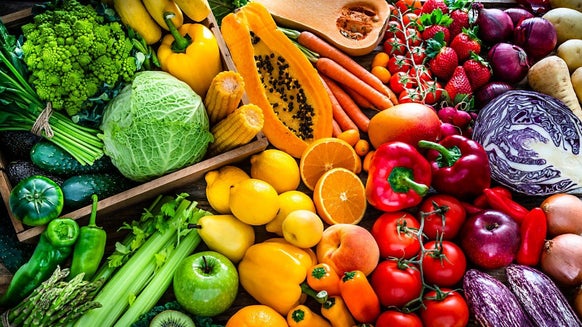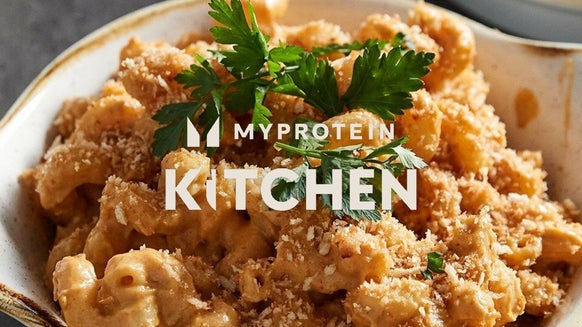What Is The Fruitarian Diet? | Nutritionist Reviews Benefits, Drawbacks & Why You Shouldn’t Try It

The fruitarian diet is an extreme eating plan that is made up completely or mostly of fruit. There is no strict definition, so some followers of the diet will include nuts, seeds, vegetables and grains, but all will completely omit meat and other animal-produced products (like honey).
Reasons for following the diet are usually ideological, with ethical and environmental concerns often cited, but because of its highly restrictive nature, there is a high risk of nutritional deficiencies.
Jump to:
- Is the fruitarian diet healthy?
- Is the fruitarian diet safe?
- Are there any benefits to the fruitarian diet?
- What are the drawbacks to the fruitarian diet?

Is the fruitarian diet healthy?
A healthy diet has a variety of foods that provide essential nutrition to the body in the form of macro and micronutrients: carbs, protein, fats, vitamins, and minerals. A strict fruitarian diet would be very high in carbohydrates, have some fat, and low levels of protein — even with nuts, seeds, and whole grains included. Research has shown that strictly following this diet for long periods of time can be detrimental to long-term physical and cognitive health.1,2
Is the fruitarian diet safe?
Any diet that completely eliminates multiple food groups is likely unsafe to follow for a long period of time. Research has shown that a diet made up primarily of fruit can lead to kidney, liver, and brain function issues.1,2 Even if 25% of your calories come from protein and fats, it can still be difficult to get enough energy and nutrition for optimal health.
Are there any benefits to the fruitarian diet?
A fruitarian diet is likely to be high in fibre, water, vitamins and minerals, which are all needed for good health. However, these can all be consumed in adequate quantities in most healthy eating plans, so there’s no need to follow a diet as restrictive as the fruitarian diet.
What are the drawbacks?
Unsurprisingly, eating only fruit has quite a few drawbacks...but three key downsides stand out.
High in sugar
If you have any blood sugar control issues or diabetes, eating only fruit can make it difficult to control your blood sugar and energy levels. It could also lead to weight gain if you consume more calories than you expend.
Though embarking on a fruitarian lifestyle may drastically increase your sugar intake, sugar isn't your enemy. Here's how to enjoy it safely...
Low in protein
If you are an athlete, trying to build muscle or trying to gain body mass, the low-protein content of a fruitarian diet will be a problem.

7 Easy Ways To Increase Your Protein Intake | Nutritionist-Approved
Do your gains a favour, eat that protein.
Struggling to get your protein in? Let Richie help...
Low in fat
Fat, as well as protein, helps us to feel full and satisfied, so following a fruitarian diet may make you feel hungrier than you would on other diets.
Take home message
Extreme diets like fruitarianism that completely exclude multiple food groups can be dangerous to follow in the long term as they do not contain all the nutrients we need to be healthy and may lead to serious health conditions. Consuming a lot of fruit can be part of a healthy eating pattern, but you must also make sure to consume vital macro and micronutrients lacking in a fruitarian diet, such as protein, healthy fats, vitamin B12, iron and zinc.

Nutritionist Shares 8 Money-Saving Tips For Nutrition On A Budget
Don't waste your money on organic foods...

What Is The Coffee & Lemon Diet? Benefits & Side Effects
Nutritionist debunks this viral diet trend.

What Is The Nordic Diet? Benefits & Disadvantages
The Nordic Diet the new Mediterranean Diet...
READ THESE NEXT:

Claire is a Registered Dietitian through the Academy of Nutrition and Dietetics and a board-certified Health and Wellness Coach through the International Consortium for Health and Wellness Coaching. She has a Bachelor of Science in Biology and a Master’s degree in Clinical Dietetics and Nutrition from the University of Pittsburgh.
Talking and writing about food and fitness is at the heart of Claire’s ethos as she loves to use her experience to help others meet their health and wellness goals.
Claire is also a certified indoor cycling instructor and loves the mental and physical boost she gets from regular runs and yoga classes. When she’s not keeping fit herself, she’s cheering on her hometown’s sports teams in Pittsburgh, or cooking for her family in the kitchen.
Find out more about Claire’s experience here.
- Vetrani, C., Bozzetto, L., Della Pepa, G., Rivellese, A. A., & Annuzzi, G. (2022). Fruitarian Diet and Blood Glucose Control in Type 1 Diabetes: A Case Report. Frontiers in nutrition, 9.
- Storti, B., Nastasi, G., Acampora, R., Ferri, F., Isella, V., Ferrarese, C., … & Tremolizzo, L. (2020). A Case of Reversible Dementia Due to a Strictly Fruitarian Diet: If an apple a day keeps the doctor away, a fruitarian diet throws your mind away. Neurology: Clinical Practice.









